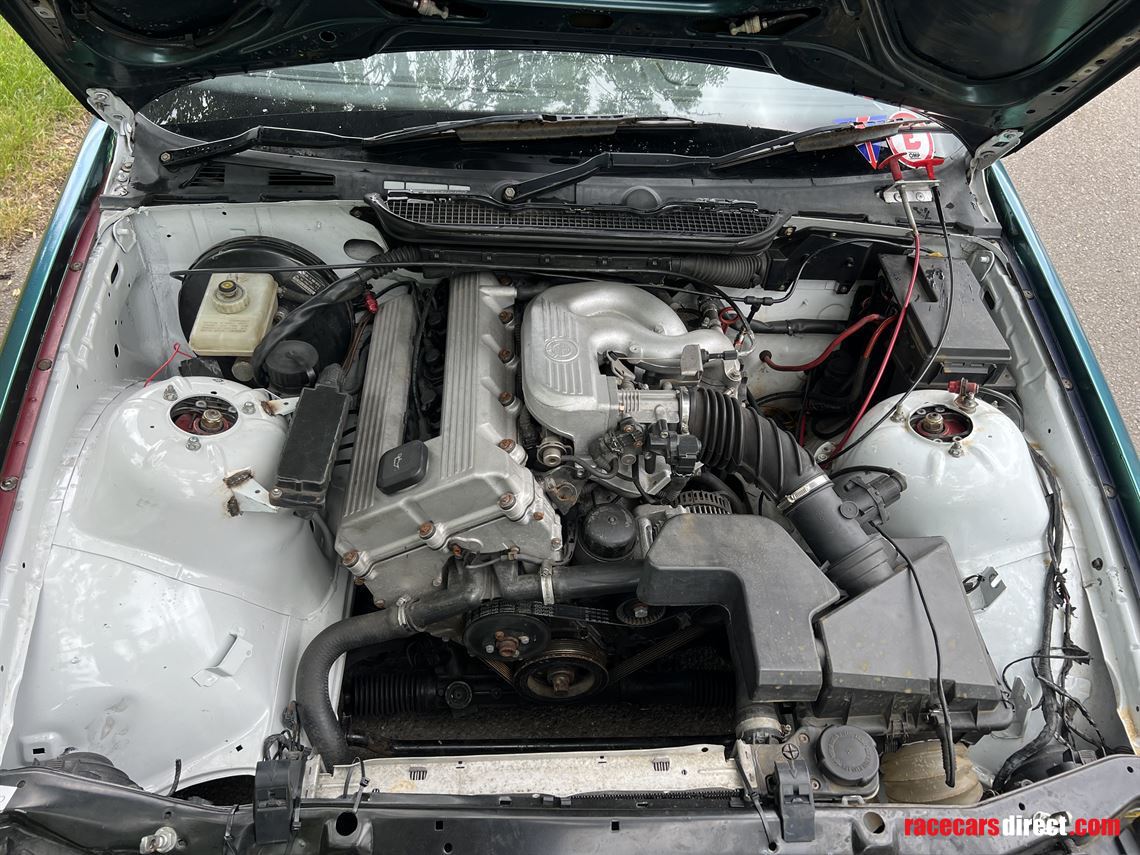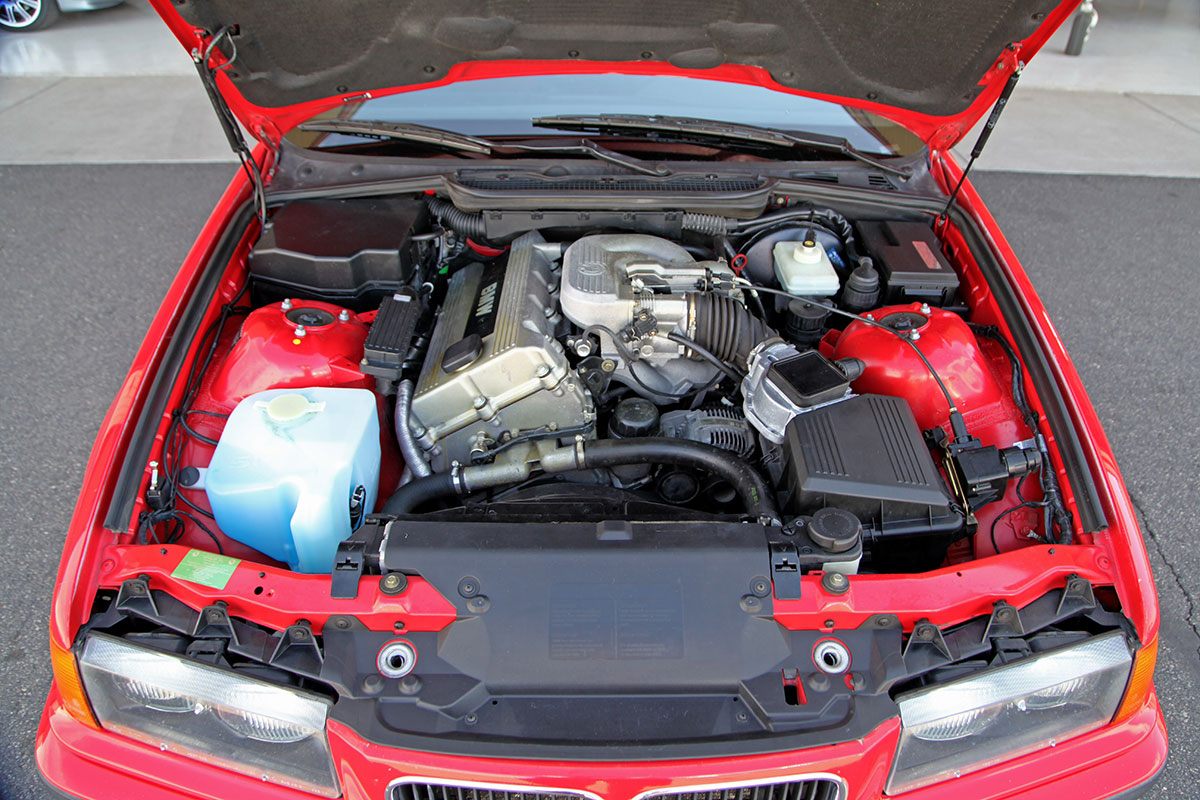Upgrading Your BMW 318ti: Leading Mods and Enhancements
Upgrading Your BMW 318ti: Leading Mods and Enhancements
Blog Article
Essential Considerations for Choosing the Best Engine for Your Needs
In the realm of picking the perfect engine to meet your needs, several vital aspects demand thorough consideration to make certain optimal efficiency and effectiveness. From the nuanced balance in between power and performance to the often-overlooked facets of maintenance and solution needs, each aspect plays a crucial role in figuring out the most suitable engine for your certain demands. As the complexity of engine modern technologies continues to advance, discerning one of the most suitable alternative requires a deep understanding of the interplay between numerous considerations. By exploring the detailed web of aspects that underpin this decision-making process, a clearer course emerges towards picking an engine that not only fulfills yet exceeds your assumptions.
Power and Efficiency
When examining engines for optimal efficiency, it is important to focus on both power output and performance. Performance refers to just how well the engine transforms fuel right into useful energy. By very carefully evaluating both power and effectiveness, you can choose an engine that supplies optimal efficiency and meets your requirements properly.
Fuel Efficiency and Economy
In the realm of engine option, the factor to consider of gas performance and economic situation holds extremely important importance. Fuel effectiveness describes the engine's ability to convert gas into power with very little waste, straight influencing operating expense and environmental sustainability. bmw 318ti. When choosing an engine, evaluating its gas economic situation is important to establish lasting cost savings and environmental impact. Engines with higher fuel performance not only reduce gas expenses yet also decrease carbon exhausts, adding to a greener operation.

Compatibility and Application
Considering the fuel efficiency and economy of an engine, the next important facet to address is its compatibility and application within specific operational contexts. Compatibility describes exactly how well the engine integrates with the total system or tools it powers. It involves variables such as physical dimensions, mounting alternatives, electric interfaces, and control systems. Ensuring compatibility is necessary to prevent concerns such as overheating, vibrations, or power discrepancies (bmw 318ti).
Different engines are made for certain purposes, whether it be commercial equipment, aquatic vessels, vehicles, or power generators. Understanding the designated application enables for the selection of an engine that can supply the required power outcome, torque, and operational attributes.
Upkeep and Solution Demands
Upkeep and service requirements play an important function in guaranteeing the longevity and optimal efficiency of an engine. Routine maintenance is vital to stop break downs, prolong the life expectancy of the click here for more engine, and preserve its effectiveness. When picking an engine, it is essential to take into consideration the supplier's recommended upkeep routine and the schedule of service facilities or qualified professionals.
Aspects such as the frequency of oil changes, filter substitutes, and general assessments can considerably affect the engine's efficiency. Some engines might require even more regular maintenance based upon their layout and usage, while others might have longer intervals in between maintenance checks. It is important to comply with these solution needs to prevent expensive repair work and unforeseen downtime.

Cost and Budget Considerations
When picking an engine for a certain application,Spending plan restraints typically play a substantial function in the decision-making procedure. When considering the price and budget implications of picking an engine, it is vital to evaluate not just the preliminary acquisition cost however additionally the lasting expenditures connected with maintenance, gas consumption, and prospective upgrades or repairs. It is critical to strike a balance between the in advance price of the engine and its total lifecycle costs to ensure that the selected engine remains economically lasting throughout its functional lifespan.
Variables such as fuel dependability, performance, and durability can directly influence the total cost of ownership of an engine. While a much more pricey engine may have greater in advance prices, it could possibly result in lower upkeep and fuel expenditures over time, hence providing much better worth in the lengthy run.
Final Thought

Fuel effectiveness refers to the engine's ability to convert gas right into energy with very little waste, straight impacting operating costs and ecological sustainability.Variables influencing fuel effectiveness consist of engine layout, combustion effectiveness, and general efficiency optimization. In addition, selecting the suitable gas kind and quality as recommended by the engine maker can further enhance effectiveness and extend engine life expectancy.
Engines with excellent serviceability features and readily available parts can minimize upkeep expenses and decrease the time the engine is out of continue reading this procedure - bmw 318ti. It is crucial to strike a balance between the upfront cost of the engine and its overall lifecycle costs to guarantee that the selected engine stays economically sustainable throughout its functional life-span
Report this page